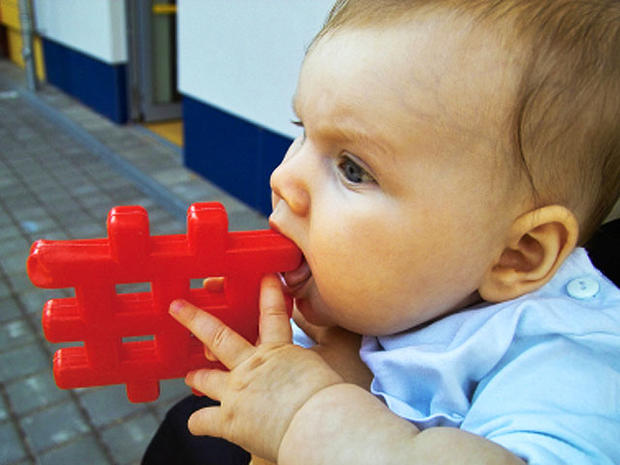Chemical substances put kids at risk, doctors say: What's the fix?
(CBS) Think the government does a good job of protecting children against hazardous chemical substances? A leading pediatricians group doesn't think so, and it's joining other organizations in calling for an overhaul of regulations designed to protect kids from toxic chemicals in foods and household products.
"Over the past few decades, tens of thousands of new chemicals have been introduced into the environment, often in extremely large quantities," the American Academy of Pediatrics said in a written statement. But the main federal law that governs the use of chemicals in the U.S. - the Toxic Substances Control Act, or TSCA - hasn't been meaningfully revised since 1976.
Studies show that children's bodies absorbing a vast array of harmful substances, the Los Angeles Times reported. Sucking on rubber toys, drinking from plastic bottles, and playing on chemically treated are all potentially causes of the problem. And because kids are smaller and their bodies are still developing, chemicals may pose a greater threat to children than to grown-ups.
Recent studies have linked chemical substances to serious health problems in kids, including three last week that linked pesticide exposure before birth to lower IQ scores.
"We share the frustration of a lot of people that these chemicals are being addressed with sort of a flavor-of-the-month approach," Dr. Jerome Paulson, a Washington, D.C., pediatrician and lead author of the academy's statement, told the Times. "The lack of strong federal oversight means there isn't enough reliable information to give our patients good advice."
The academy says chemicals should be tested in ways that evaluate the potential risks they pose to the health of children and women. In addition, chemicals should meet standards similar to those required for drugs or pesticide residues on food.
Some 80,000 chemicals have come on the market since World War II, and new ones are being introduced each year, according to msnbc.com.
The authors of the academy's statement told USA Today that they felt compelled to advocate for patients who can't defend themselves. As Paulson told the paper, "Kids don't vote."
